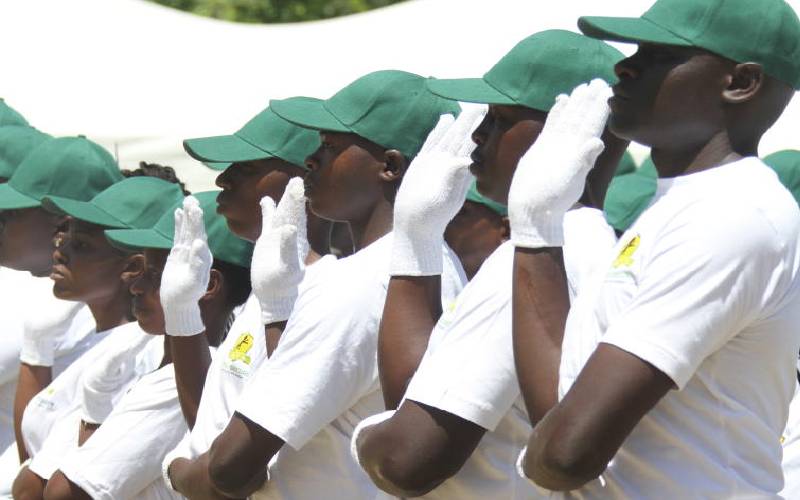×
The Standard e-Paper
Stay Informed, Even Offline

Private security personnel at a training acaemy n Karen, Nairobi, on January 24, 2019. [David Njaaga, Standard]
In the aftermath of the DusitD2 Hotel terrorist attack, it was reported that security guards would be armed in six months. If that goes as expected, the guards, who outnumber the police, will carry guns. It is not clear what type of guns they will carry. Some have joked that since our policemen recently got new guns, mostly black in colour, there are now plenty of idle guns that security guards can be given.